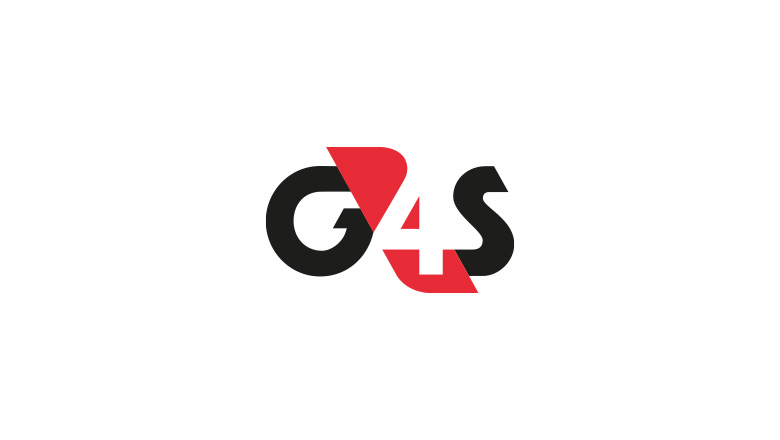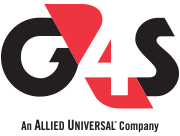G4S launches landmark human rights policy

Co-authored by Dr Hugo Slim, an internationally recognised human rights expert, and senior G4S executives, the policy will be communicated to G4S staff in 125 countries across the world.
The policy and its related guidance aims to align the company’s human rights practices with the ‘UN Guiding Principles on Business and Human Rights (2011)’ and to introduce additional global guidelines for areas not currently covered by existing standards.
The policy is also designed to support the continued development of an ethical and sustainable business model that encourages the improvement of standards, job creation, community support and broader beneficial impacts on societies throughout the world. G4S recognises the leadership position it holds as one of the world’s largest private employers.
Work on the human rights policy started in the summer of 2011 after official recognition of the new UN guiding principles.
The first phase involved identifying key human rights relevant to the vast array of services that G4S supplies. Phase two moved onto working out how to integrate G4S’ human rights risks and challenges with recognised international human rights standards and to identify the Group’s strengths and areas for improvement.
The final phase will be to implement and embed the policy. This will be supported by company-wide communications, awareness and training programmes during 2013 and beyond. Overall accountability for the policy will rest with the executive management of G4S and the Group's CSR committee.
G4S has previously undertaken extensive activities as part of its drive to improve human rights standards in the regions it operates in. For example, in 2011, the company became a signatory to the UN Global Compact, an international standard to promote socially responsible business behaviour involving human rights, employment, the environment and anti-corruption measures.
The company is also a founding signatory of the International Code of Conduct for Private Security Service Providers (ICoC), a Swiss government convened, multi-stakeholder initiative that aims to both clarify international standards for the private security industry operating in complex environments, as well as to improve oversight and accountability of these companies.
Debbie Walker, group communications director, G4S plc, said: “As an employer of such a vast and diverse workforce in some very challenging environments, we can play a positive role in maintaining and supporting human rights across the globe.
“John Ruggie’s UN guidelines have laid the foundation for a new wave of activity by responsible multinational businesses. The UN guidelines outline the role that every state should be playing to protect human rights and the duty that businesses have to respect human rights. We want to take it a step further and do what we can to implement best practice amongst our people and the communities we touch.”
Hugo Slim added: “In 2012, G4S has continued to work on integrating the UN Guidelines on business and human rights into its many businesses around the world and this policy puts human rights due diligence at the centre of the company’s approach to responsible business.
“It will encourage: greater awareness of human rights across all G4S businesses; improve human rights due diligence, and begin the process of specific reporting on the company’s impact on human rights.
“The people I have worked with at G4S have shown real intent to produce a meaningful policy that will reduce the risk of any form of company involvement in human rights violations.”
The launch of the human rights policy coincides with the publishing of G4S’ fifth global Corporate Social Responsibility report. The latest report highlights significant achievements in key areas such as health & safety, anti-corruption, audit and compliance, employee engagement and carbon intensity.
